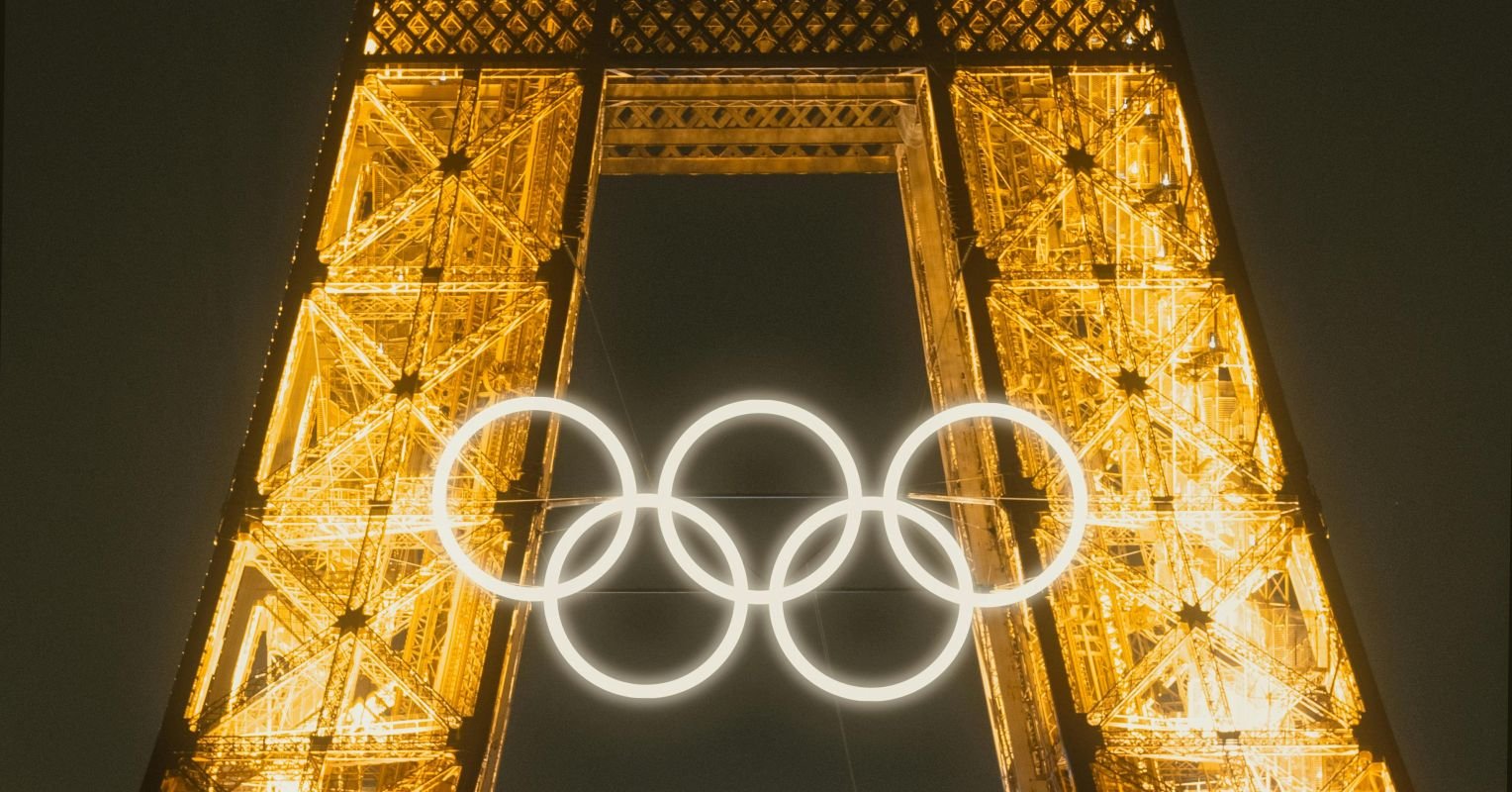What Olympians can teach us about loneliness.
The quadrennial Summer Olympics frenzy is upon us. Viewership numbers for the postponed Tokyo Olympics due to COVID-19 were down, but still, about 10 million people turned on their TVs every night to watch these incredible athletes. Overall, the French Games are expected to attract billions of viewers. We love celebrating these athletes. No doubt people tune in to see who will win the race and who will land the ball, but what if they also tune in to remind themselves that they can get through the emotionally difficult stuff? As a former athlete and now psychologist treating people suffering from the “loneliness epidemic,” we admire the physical prowess of Olympians, but we also have a lot to learn about their mental health.
Loneliness is deeply connected to avoidance, especially the avoidance of discomfort. In my work with clients, I often see a link between intolerance of discomfort and increased loneliness. Limiting exposure to painful experiences is built into modern life. Emotional discomfort is also avoided at all costs. We lack basic skills to deal with life’s inevitable challenges. Young people seem to actively run away from difficult experiences. Teenagers don’t drive cars, and Gen Z doesn’t have sex. This fear of life’s challenges is unheard of in elite athletes. Facing adversity head-on is the norm for our beloved Olympians.
The 1996 Summer Olympics took place in Atlanta, Georgia, and the slogan for the U.S. swimming team was “No pain, no happiness.” Not only did the Americans dominate in the pool, they also led the medal total. These athletes faced a great deal of pain in the competition, not just in their competitive activities, but also in their emotional pain, such as the Centennial Park bombing that occurred during the games. They persevered despite the turmoil and continue to persevere outside of sports. Amy Van Dyken, a 1996 Olympic gold medalist, continues to persevere through life’s challenges. She was in an ATV accident in 2014 that left her paralyzed from the waist down. After the accident, Van Dyken said, “I’m a better person than I was before my injury.” Van Dyken’s ability to persevere through challenges is inspiring and motivating.
Even those who engage in group fitness are touched by the idea that developing the ability to tolerate pain is a good thing. “Change happens in discomfort” and “step out of your comfort zone” are some recent clichés I’ve heard in various exercise classes. When we move our bodies, we understand the benefits of enduring any temporary pain to grow. Now is the time to practice tolerating adversity for the sake of our mental health.
In the world of therapy, the skill we see Olympic athletes master is called pain tolerance. Pain is an inevitable part of life, so we must learn how to live with it and work through it. So where is the gym for such growth? There is no doubt that it is not in the places many turn to these days, such as online. In fact, the internet can be the first source of connection, whether meeting on an app or talking on a subreddit, but these experiences lack depth and can exacerbate loneliness.
Globally, we spend an average of more than six hours a day online. If we look at Americans alone, this number rises even further, with Americans spending an average of seven hours online. Looking at social media usage, teens spend nearly five hours a day on social media. The online landscape leaves little room for honing stress resilience skills, which is especially concerning when you consider how this impacts teen mental health. Jonathan Haidt’s new book, Anxious generation, By highlighting the amount of time spent online and the way overprotective parents take their pain at will, it indirectly speaks to the lack of pain tolerance among young people. The tendency to escape pain is pervasive and deep-rooted in our culture.
When we feel uncomfortable online, we often reject or ignore others, which only hurts us all and deepens our loneliness. We are all too aware of the harmful effects of tribalism and cancel culture, and speaking our minds and making an effort to understand the other person’s position is a way to confront the challenges we often experience on online platforms.
Instead of doing the hard thing of engaging in difficult dialogue, we reject and publicly denigrate people who hold different opinions. Polarization is deeply rooted in the discord that exists online. There is no longer any desire to understand where someone is truly coming from or to try to find the grey areas, rather the internet has become a manifestation of black-and-white thinking. This type of thinking is thought to be a cognitive distortion associated with depression. If we continue to cling to this “all-or-nothing” approach to difficult dialogues, we will remain lonely and isolated.
Just as Olympic athletes practice their sports, we must practice tolerance to emotional pain instead of looking for ways to avoid it or run away from it. Don’t react or change anything. Face it, observe it, and improve how you feel without fixing it. Developing this skill is like training a muscle group. It takes time and effort, and you must compete in the arena of courage, just like the Olympic athletes we admire have done for centuries.

